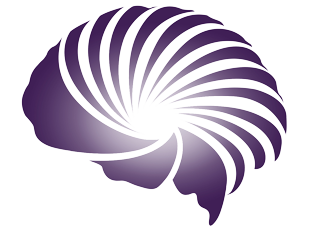What Kind of Psychotherapy Delivers the Best Results?
Each leader, manager and professional is different. You are unique, and the psychotherapy methods employed to help you should be based on you, and your goals.
Rapid Access to Therapy
NHS access to Psychotherapy can take from three to around 18 months (depending on area). When you eventually get an appointment, you will find that very few NHS care staff have the understanding of your executive and professional responsibilities. If you want rapid access to psychotherapy for executives and professionals, private therapy can deliver.
What Kinds of Issues Bring Executives and Professionals to Psychotherapy?
The list is long, but can be summarised briefly:
the desire to feel better, to achieve.
Many problems can impair the achievement levels of executives and professionals, and cause prolonged, unpleasant feelings:
- Anxiety
- Depression
- Phobias
- Relationship challenges
- Stress
- Compulsions
- Unwanted thoughts, feelings and behaviours
- Addictions
- Bereavement
- Coping with unwelcome changes
- Eating disorders
- Illness diagnosis
- Trauma
- Post traumatic stress
- Anger
- Fertility problems
- Self-esteem/confidence
- Personality disorders
- Burn out
- Sexual problems
- LGBTQA Issues (Lesbian, Gay, Bi-sexual, Transgender, Transvestite, Questioning, Asexual)
- Panic disorder
- Health management problems
- Non-specific disenchantment
How Common are the Problems that Bring Executives and Professionals to Psychotherapy?
MIND, the mental health organisation, www.mind.org.uk have published the following figures, on how many people are affected in any one year.
- 2.6% Depression
- 4.7% Anxiety
- 9.7% Mixed Anxiety and Depression
- 2.6% Phobias
- 1.3% OCD (Obsessive Compulsive Disorder)
- 1.2% Panic Disorder
- 3.0% PTSD (Post Traumatic Stress Disorder)
- 1.6% Eating Disorders
Over a lifetime 3% of people engage in self-harm and 17% have suicidal thoughts. However, more recent data (NHS Confederation Mental Health Network – http://www.nhsconfed.org/networks/mental-health-network) suggest that up to 8.3% of young people engage in deliberate self-harm.
With the more serious disorders, which often require medication as part of a psychotherapy programme, it is more difficult to obtain reliable figures, but realistic estimates are available:
- Personality disorders: 3 to 5%
- Bipolar disorder: 1 to 3%
- Schizophrenia: 1 to 3%
For most executives and professionals, the challenges they have are not as severe, as the above, and medication is not needed to address their problems, and can be resolved by the appropriate professional psychotherapy.





